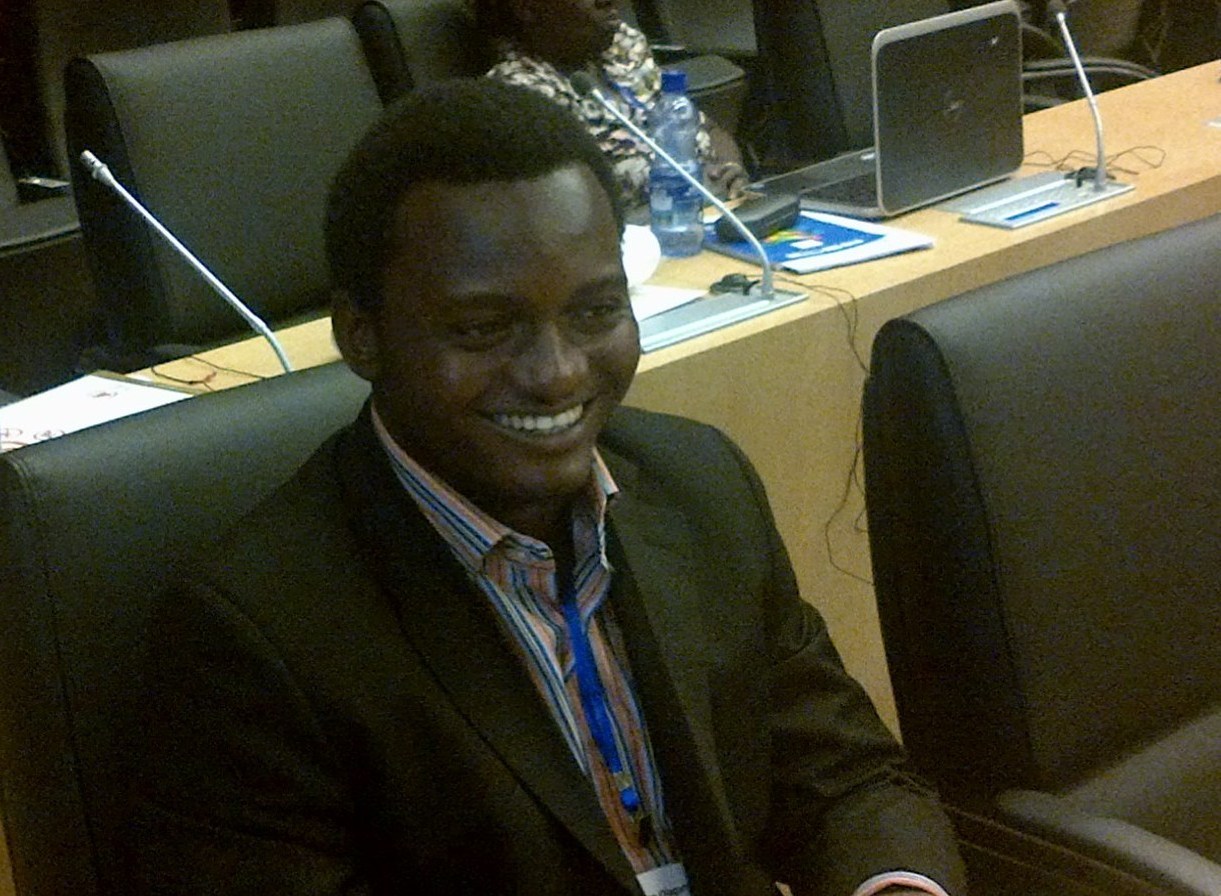Bill Gates in his annual letter for 2014 argued against the general myth that foreign aid is a total waste. He said the argument that aid breeds dependency is most times blind to the realities of countries like Botswana, Mexico, Morocco, Thailand, Singapore and a few others who have apparently graduated from being aid dependent. He was quick to point out that countries like South Korea and China are now aid donors. Somewhere in the report, Bill Gates acknowledged that no program is perfect, admitting that there are ways by which aid can be made more effective.
An unflattering cliché that has been said over time about Africa is that the cumulative amount embezzled by African governments exceeds the amount that has been received via aid. In every sense, this sad reality naturally queries the essence of aid in Africa. It really might not sound totally logical to then say that foreign aid is totally a waste, because as much as healthcare is concerned, foreign aid has been deeply beneficial to Africans most especially when we consider the huge funds that goes into vaccines, family planning, and of course ARV, which helps to keep people living with HIV alive.
The volume of food Africa losses for all the wrong reasons you can imagine, according to the World Bank, would feed 48 million people. Do I really need to rant again that the African continent is a wasteful one? Going by the same report by the World Bank, between 1998 and 2008, it has been observed that food loss in Africa is far greater than food aid received. This again helps to show that lack of aid is not the problem affecting Africa’s prosperity.
Another World Bank report published in 2012 revealed that farmers in Africa can possibly grow enough food that’d go round Africa. But this was premised on the fact that African nations would have to lift cross boarder restrictions on food trade. This alone would earn the continent some $20 billion yearly. All by just agreeing to lift limiting trade barriers and policies that obstruct free trade. This multi-lateral agreement among African leaders will definitely see to it that more food move freely from areas where there’s abundance of food to places where people constantly go to sleep hungry. This agreement will review and lift bans on export and import of agricultural products, restrictive rules of origin and other factors attributed to controlling market price – which doesn’t aid healthy market competition. Creating a competitive atmosphere is still a challenge and as long as prices are being controlled. Also, getting food at affordable prices will be out of reach.
For hunger and mal-nutrition to be a thing of the past for millions of Africans, more attention must be paid to agriculture. Ensuring availability of food requires funds, better seeds that would produce healthier crops, involvement of technology to pass information to farmers – which could also come in form of agricultural extension services, so as to provide updates to farmers on new seeds and smart means of marketing their crops. Farmers also need easy access to land, most especially female smallholder farmers who are the most concerned when it comes to food production in Africa. What these women need is investors who will offer easy loans to enlarge their crop production as many of them are unable to afford fertilizers, pesticides and high yield seeds.
Food shortage should concern African leaders, considering the forecast that says that there would be an estimated 9 billion mouths to feed by 2050. And that requires agricultural production to increase by 70 percent, which by all means require developing nations to play gargantuan roles.
If half of all Africans are presently under 20, and over half of the world population growth between now and 2050 is going to happen in Africa, then Africa need not be told to engage its youths in agriculture. But the challenge is that agriculture must first be seen as a profitable venture which would stand as a turning point for the modern African economy.
Rural-urban migration of young people who should be at the helm of innovative and knowledge-driven agriculture are now in search of greener pastures, this has ensured that a large number of African farmers are of adult population. The huge volume of young people migration to cities daily remains a threat to food production in the continent. Therefore, African youths need to be motivated to see agriculture as a profitable and worthwhile venture they can be proud of.
I am @Lanre_Olagunju on Twitter.
Lanre Olagunju is an hydrologist turned freelance journalist. An alumnus of the American College of Journalism, Lanre advocates on several i
nternational platforms for the prosperity and absolute well-being of the African continent. He is @Lanre_Olagunju on Twitter.
The views expressed above are solely that of the author.

